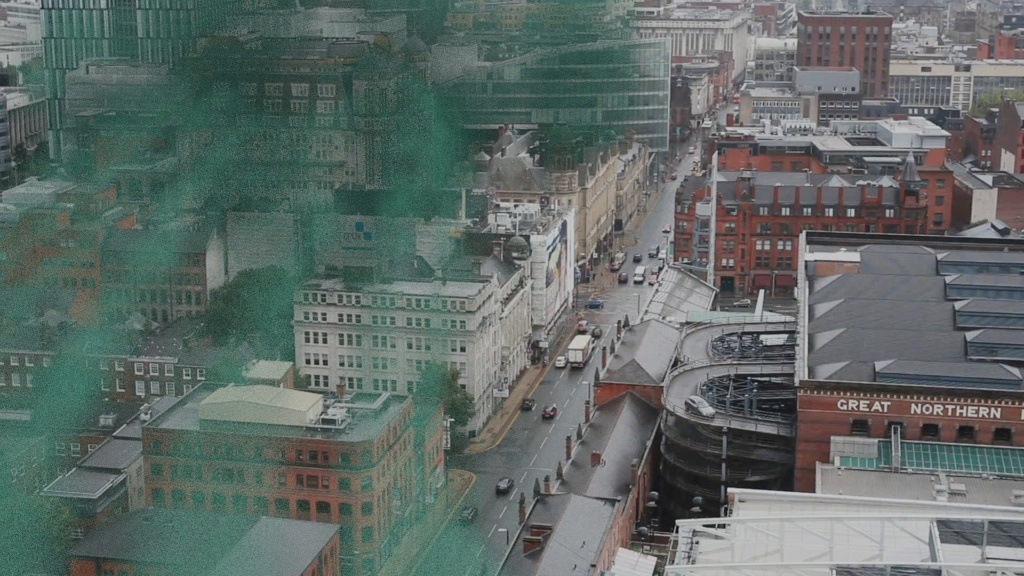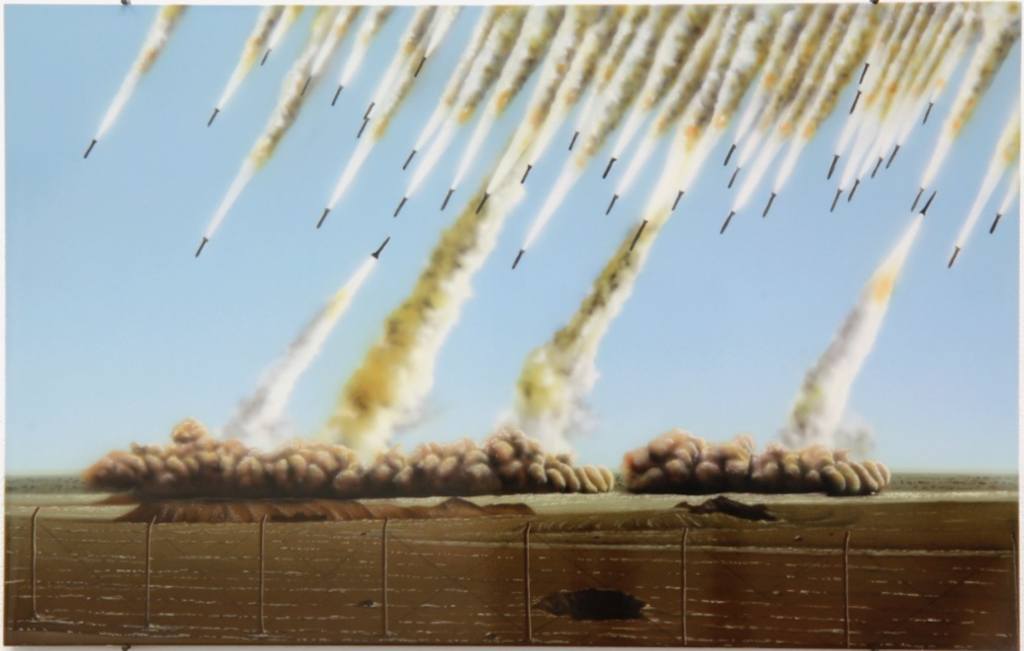Topics
Environment
Where taking is taken for granted
Future Myopia
Previous generations considered future peoples disposable, while at the same time idealizing them as saviors. Confronting the ghosts of the past, how do we prepare to look the future in the eye?
Appropriate Measures
“Appropriate technology” was a movement beginning in the late 1960s that aimed to shift the emphasis from mass technology to smaller-scale, affordable technologies, informed and targeted to local needs and customs. Many of its ideas are as relevant today. So is one of its major shortcomings: why would we rely on technology to mitigate the harm technology does?
Decision Trees
There is a glaring discrepancy how we monitor the earth and how we respond to signs of the biosphere’s collapse. After decades of political indifference, a growing number of advocates have sought ways to automate environmentalism to bypass institutional resistance to urgent change. But it’s not clear how to “optimize” for a “winning” ecosystem, or who decides what that should look like.
The Next Big Cheap
Data is often called “the new oil.” But this construction takes for granted the transformation of the world into commodities for exploitation, a process that isn’t natural and shouldn’t be inevitable. Thinking about data as the next “cheap thing” — in line with other cheap commodities throughout the history of capitalism — might help us imagine better frameworks for its management and regulation.
Look for America
Some are trying to shame photo takers at national parks, seeing their presence as ruinous. But photography was instrumental to the founding of the national park system, and documentation is essential to properly understanding the indigenous history of lands that many are now inclined to demote to empty scenery.
Big and Slow
Spectacular disasters like earthquakes, hurricanes, and flooding are newsworthy, but climate change is not. You can package the symptoms, but not the disease. How can we represent the threats that are too vast to see? What if civilization itself is one of them?
Playing With Marbles
Doomsday Pattern
Climate change accelerates natural disasters. Earthquakes cause tsunamis and volcanoes, and volcanoes and earthquakes cause tsunamis; global warming leads to increases in all three. You can’t prepare for the worst-case scenario when the scenario keeps getting rapidly worse.
Clearings
Historical wounds are recalled, distorted, and even forgotten, but living with nuclear waste means remembering on a different scale. As a demonstrator against a French nuclear waste facility told me, “We don’t even send it to another continent. We send it into the future.”
Sky Mining
Capitalism has spent more than two centuries spewing out carbon dioxide, nitrogen, and other pollutants, causing profound planetary harm. And yet we inhabit a world where political leaders deny this reality. NASA is thus positing an alternative to trying to anticipate and forestall the chaos that global warming will unleash: space colonization.
World Domination
Rewilding is a term for a number of conservation techniques that involve the reintroduction of plants and animals to landscapes where they have been extirpated by human activity. Supposedly, it lets nature do its own restoration, but it is really just another extension of human power.










